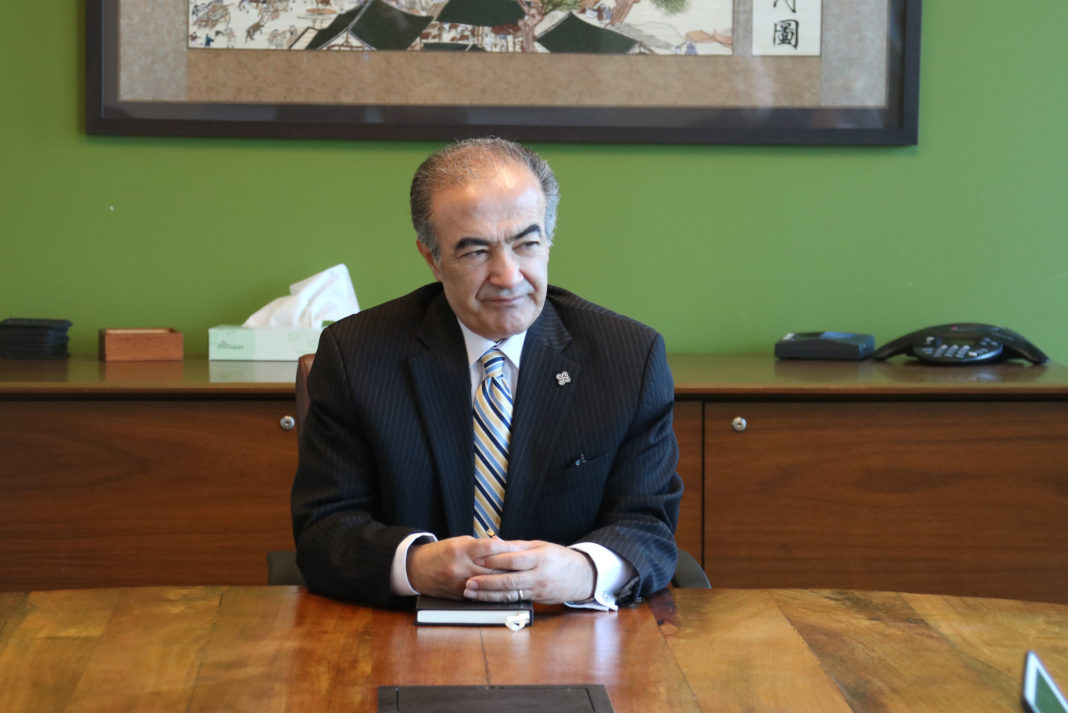It’s time to end the epidemic of domestic violence
October is Domestic Violence Awareness Month, and we must address the issue of domestic violence as a caring community.
The stark reality is that one in three women in the United States experiences at least one physical assault by her partner during adulthood, according to the American Psychological Association.
Domestic abuse violates the most basic of human rights – to be safe within your own body and your home. It’s a real danger that many women and girls face each day.
On average, more than three women are murdered by their husbands or boyfriends in this country every day, according to the Bureau of Justice Statistics.
Nearly 20 percent of teenage girls report that they had been physically or sexually abused by a dating partner, according to a 2001 report in the Journal of the American Medical Association. And 40 percent of girls age 14 to 17 report knowing someone their age who has been hit or beaten by a boyfriend.
It is appalling that in 2003, the human rights of women and girls are still so compromised. We must come together and defuse this issue before the physical violence escalates.
First, talk openly about equal and healthy relationships with your own children – both boys and girls. Teach them that they deserve to be treated with respect. Teach them that it is their responsibility to ensure that they do not abuse the person they got involved with. Fathers and other caretaking men can and should take the lead here. Show them, by example, how to be nonviolent in a relationship. And have them pledge to you to be nonviolent in their own relationships.
Second, reach out to those you believe may be in an abusive relationship. Offer your support and assistance and break the isolation that the abuser has most likely used to control her. Offer your home as a secure place to come to, whether day or night. Suggest that she keep copies of important documents, such as a driver’s license, birth certificates and prescriptions, as well as extra sets of keys at your home for safekeeping.
Third, advocate at local, state and national levels for systemic change to support adult and child victims of domestic violence. Research what services are available to victims and survivors in your municipality and lobby your city and county councilmembers to fund those resources. Find out if your state has a mandatory arrest law, or whether domestic violence is considered as a factor in child custody cases. Contact your congressional delegation to urge that they address this issue and fund solutions to it.
Finally, contact your local domestic abuse program and ask how you can help. There are many urgent ways you can donate your time, talents or other resources. If you are not sure what agency serves your area, you can call the National Domestic Violence Hotline at 1-800-799-SAFE (7233).
Domestic abuse affects everyone. It’s time to end this epidemic of violence.
Judith Siers-Poisson is director of development for Domestic Abuse Intervention Services (www.abuseintervention.org) in Madison, Wis.


